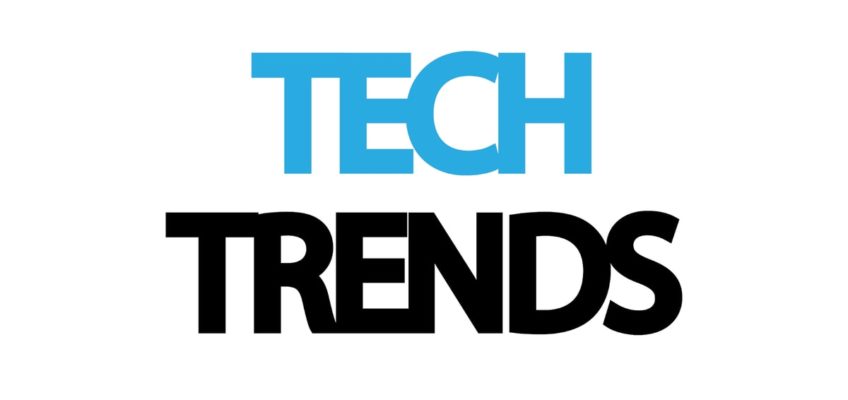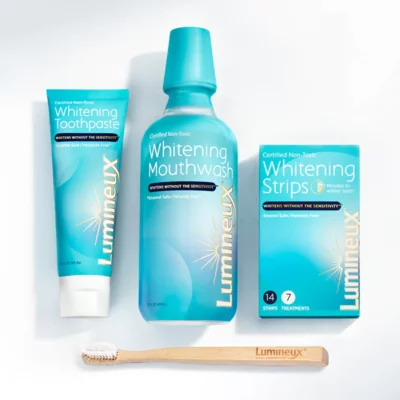How Uber’s cutthroat ethos proved a liability and is leaving it vulnerable to competitors
One sunny morning outside the Ferry Building in San Francisco, I was about to order an Uber when an over-friendly guy in a black t-shirt with a pink mustache logo approached me. My initial reaction was to tell this weirdo to leave me alone, but then he offered me a $50 Lyft voucher. Having established that this was a legit weirdo, and since I had heard a lot of people mentioning that company in the city, I decided to download it and request a Lyft instead. I haven’t opened my Uber app since.
I had been using Uber a lot lately, with no complaints whatsoever. In Brazil the app worked perfectly and was invariably a third (or less) of the price of a cab. My rides usually arrived within a minute or so of my request, cars were clean and well-maintained and the drivers were always ridiculously nice. I traveled a lot with my elderly grandfather who took a very long time to get in and out of the car, but at no point were we rushed, and most drivers actively offered help, as well as bottled water and candy for good measure. I felt spoiled even in 10-minute rides which cost 7 Reais (less than $2).
With Uber, there is a higher price to pay, but it’s not the user who pays it Share on XDuring my trip to San Francisco the following week it was the same drill. Friendly drivers, super-quick service, really cheap fares. It was almost too good to be true.
And that’s the problem. When it comes to Uber, there is a higher price to pay, but it’s not the user who pays it. I chatted to dozens of those friendly drivers and the stories were invariably the same: They loved the flexibility, and didn’t mind paying a cut of their earnings, but they felt that things had definitely got progressively worse since they joined.
I might have tried Lyft because of the $50 voucher, but I stayed because of the balloons. On the app you not only get to rate your driver, but you have the option to give them a tip. Tipping then triggers an animation where pink balloons float around their smiling profile picture, giving you a warm, fuzzy feeling. In Brazil I had tried to tip my Uber drivers (specially the $2 rides) but they adamantly refused. Drivers have to give a quarter of their gross takings to Uber, and bear all the costs such as fuel, wear and tear, insurance, etc. themselves, which made me wonder how on earth it was viable for them to charge me so little. I actually started to feel guilty using the service, like I was taking advantage.
I started to feel guilty using Uber's service, like I was taking advantage Share on XThat was specially true once you started talking to people about their experiences with Uber: “They’re constantly changing the rules,” one driver told me in São Paulo “at first you needed a certain type of vehicle to join, so I invested a lot of money in a new car, but soon after, they lowered the requirements and flooded the city with drivers, so the fares dropped in price dramatically, at the same time as the Uber fees went up.”
San Francisco drivers had similar complaints: “They’re always inventing new ways of squeezing you and increasing the fees, and it is getting to the point where it’s not really worth my time,” said one of my Uber drivers.
I tried Lyft because of the $50 voucher, but I stayed for the balloons Share on XAll that made me receptive to the idea of switching, but the proof, as they say, was in the pudding. If Lyft had been a crap app I would have stuck with Uber (it is so damn convenient!). But as it turns out, it took less than 3 minutes to download Lyft on my phone, setup my profile and payment method, redeem my discount voucher, and request my first ride.
My Lyft drivers were noticeably happy with their lot. Many, in fact, were Uber deserters. One driver told me:
“The last straw was when Uber started inventing all these mandatory courses that you needed to go on, and they charged each driver over a hundred dollars for it, plus you have to do it on your own time. There’s always something else you have to pay them for, you never know where you stand.”
During the next ride, when asked if he had ever tried driving with Uber, my driver said he had been with Lyft from the beginning, and stayed because the terms were fair, and they made him feel appreciated. “When I completed 1000 rides with them, they sent me this,” he said enthusiastically pointing to the 1K Club jacket he was wearing. “I now did over 4000 rides with them.”
There is no doubt that the business model that Uber pioneered is fantastic, and that it’s here to stay. It fulfills a real need for users and provides drivers with a flexible source of income. But Uber’s mistake is in acting like its first-mover advantage is unassailable. There are plenty of competitors like Lyft cropping up all over the place, and the fact that the business model is proven (and there is still enormous scope for growth) means that they’re attracting huge investment.
Like so many other tech companies, Uber’s greatest mistake is acting like its first-mover advantage is unassailable Share on XAs a recent article in the San Francisco Chronicle pointed out, Lyft’s latest $1Billion funding round is fuelling the spending spree that paid for pink-moustache-t-shirt guy to hand me the $50 worth of discounted rides in San Francisco, and is helping them quickly gain market share.
Uber is a very different product from, say, Facebook or LinkedIn, where there is a high cost in terms of time and hassle attached to switching to another platform. All it takes is for an Uber user to download a different app and give it a try. Add that to the fact that they are losing drivers due to their bullish money-grabbing ethos, and you can see how the disruptors might soon become the disrupted.
The disruptors might soon become the disrupted Share on XGreediness is never an attractive quality, but in this case it might actually be hurting Uber’s business in the long-run, and it’s a reflection of their broader confrontational mindset. Watching the endless battles the company fights with governments, regulators, taxi unions, and their own drivers, that the huge budgets they dedicate to PR, advertising and legal fees would be better spent on giving drivers a fairer deal, or even showing some appreciation with a jacket here and there. I always found that a little kindness goes a long way, and building a community is worth more to a company in the long term than desperately grabbing for every penny RIGHT NOW.
This is specially true when you’re selling an user experience, where price is only part of the equation, and building a rapport with your driver is a real plus. Over the past few weeks I was driven by an Afghani who used to be a translator for US special forces in Kabul, a cool California dude who was “in the Coffee business” and gave us the best insider recommendations of where to go in the city, and another guy who was a part-time archaeologist on his way to a dig in Jerusalem, and who incidentally used to be in what he called “the security business” where he used to break into events such as movie premieres to expose the vulnerabilities of the system. Like with Airbnb, social interaction plays a huge part in the user experience, and your platform is only as valuable as the people it attracts — and retains.
Social interaction plays a huge part in the user experience, and your platform is only as valuable as the people it attracts — and retains Share on XMaybe I’m in the minority and most people are just happy to get a good deal, but I really don’t think so. After all, we buy fair-trade products, pay extra for cruelty-free labels, and donate to charity. Call me naïve, but I believe that — all other things being equal — most of us would take the option to be a little bit nicer to our fellow humans if given the chance. After all, you’re still getting a great deal, even if it’s slightly less cheap than the bastard option.
Alice Bonasio is a VR Consultant and Tech Trends’ Editor in Chief. She also regularly writes for Fast Company, Ars Technica, Quartz, Wired and others. Connect with her on LinkedIn and follow @alicebonasio and @techtrends_tech on Twitter.









